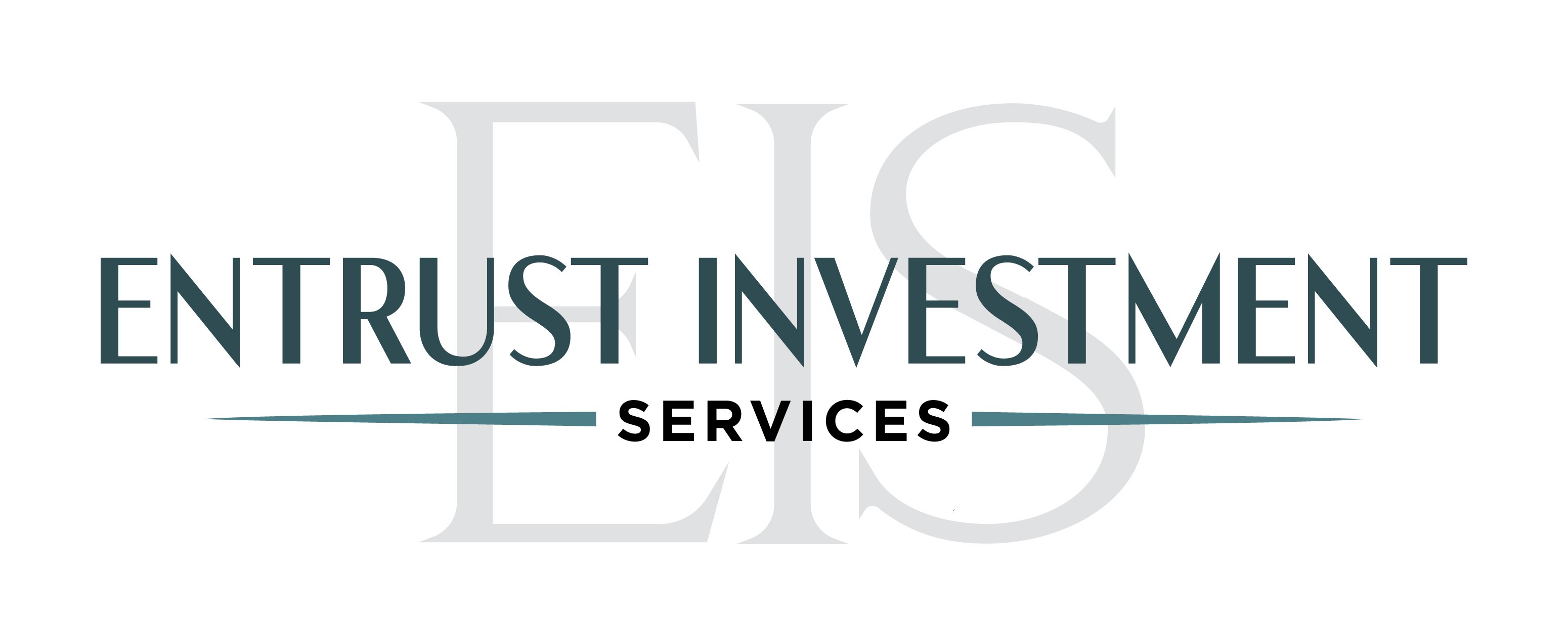Introduction: Many retirees have a considerable portion of their wealth tied up in non-qualified assets. Optimizing these assets by transitioning from ordinary investment income to more tax-friendly avenues can set the stage for a potentially tax-free retirement.
The Allure of Municipal Bonds and Qualified Dividends:
- Municipal Bonds: Generally shielded from federal income taxes and, in specific scenarios, state taxes. This makes them especially appealing for retirees in the upper tax echelons.
- Qualified Dividends: They stand out due to their typically lower taxation rate compared to ordinary income.
Strategies for Converting Ordinary Investment Income:
- Venturing into Municipal Bonds:
-
- Pros: Interest from the majority of municipal bonds is federally tax-exempt. If the bond is from the investor's home state, state taxes might also be waived.
- Cons: Often, they may provide lower yields than taxable counterparts, making it essential to balance tax benefits against potential returns.
- Prioritizing Investments for Qualified Dividends:
-
- Pros: These dividends undergo taxation at the capital gains rate, which is usually more favorable than the rate for standard income.
- Cons: The type and holding period of an investment determine its 'qualified' status. It's crucial to understand this distinction.
Tax-Free Qualified Dividends in 2023: In 2023, certain retirees have a unique opportunity. If you're single with a taxable income below $44,625 or if you're married and earn less than $89,250, you can benefit from tax-free qualified dividends. This provision is a compelling aspect of constructing a tax-efficient retirement plan, especially for those who can optimize their income to fit within these limits.
The Nuance of Tax Sensitivity During Asset Transition: Transitioning to more tax-efficient assets requires a nuanced approach, given potential tax implications. For instance, while it might seem attractive to shift towards stocks that offer qualified dividends, if one's current asset is a Real Estate Investment Trust (REIT) with significant capital gains, selling this REIT to reallocate assets will realize those gains, leading to a tax event. Although REITs might generate ordinary dividends (which are less tax-advantageous), the transition should be approached with caution and strategic planning. Despite the tax drawbacks of some assets, it's crucial to weigh the broader financial and tax consequences before making a move.
Conclusion: For retirees with substantial non-qualified assets, redirecting investment strategies can lead to a more tax-efficient retirement. Whether it's focusing on municipal bonds, aiming for qualified dividends, or navigating the intricate terrain of asset reallocation, informed decisions make all the difference. As with any financial strategy, it's recommended to seek advice from tax or financial experts tailored to individual circumstances.




